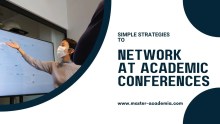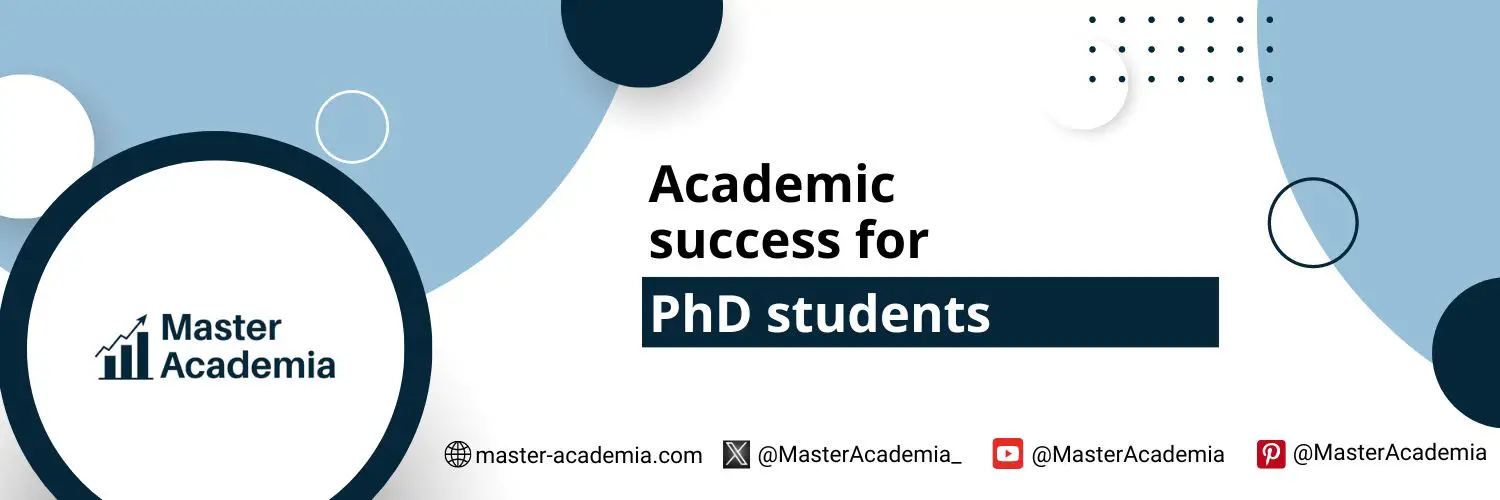
-
Research Essentials
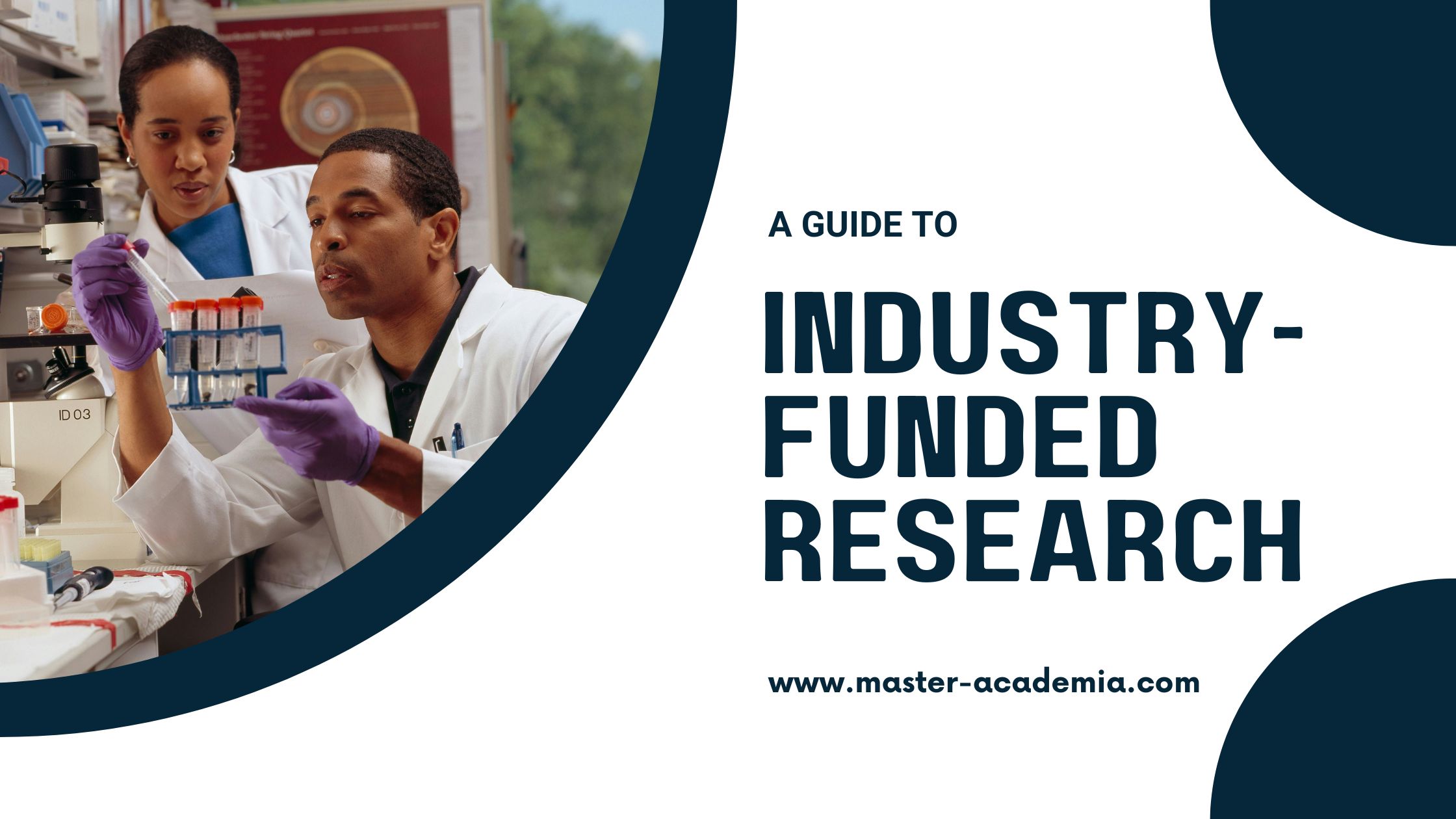
A guide to industry-funded research: Types, examples & getting started
This comprehensive guide offers an introduction to the world of industry-funded research, exploring its types, examples, and unique characteristics compared to traditional academic-funded research. It also provides valuable guidance on how to begin or initiate involvement in industry-funded research. Contents…
-
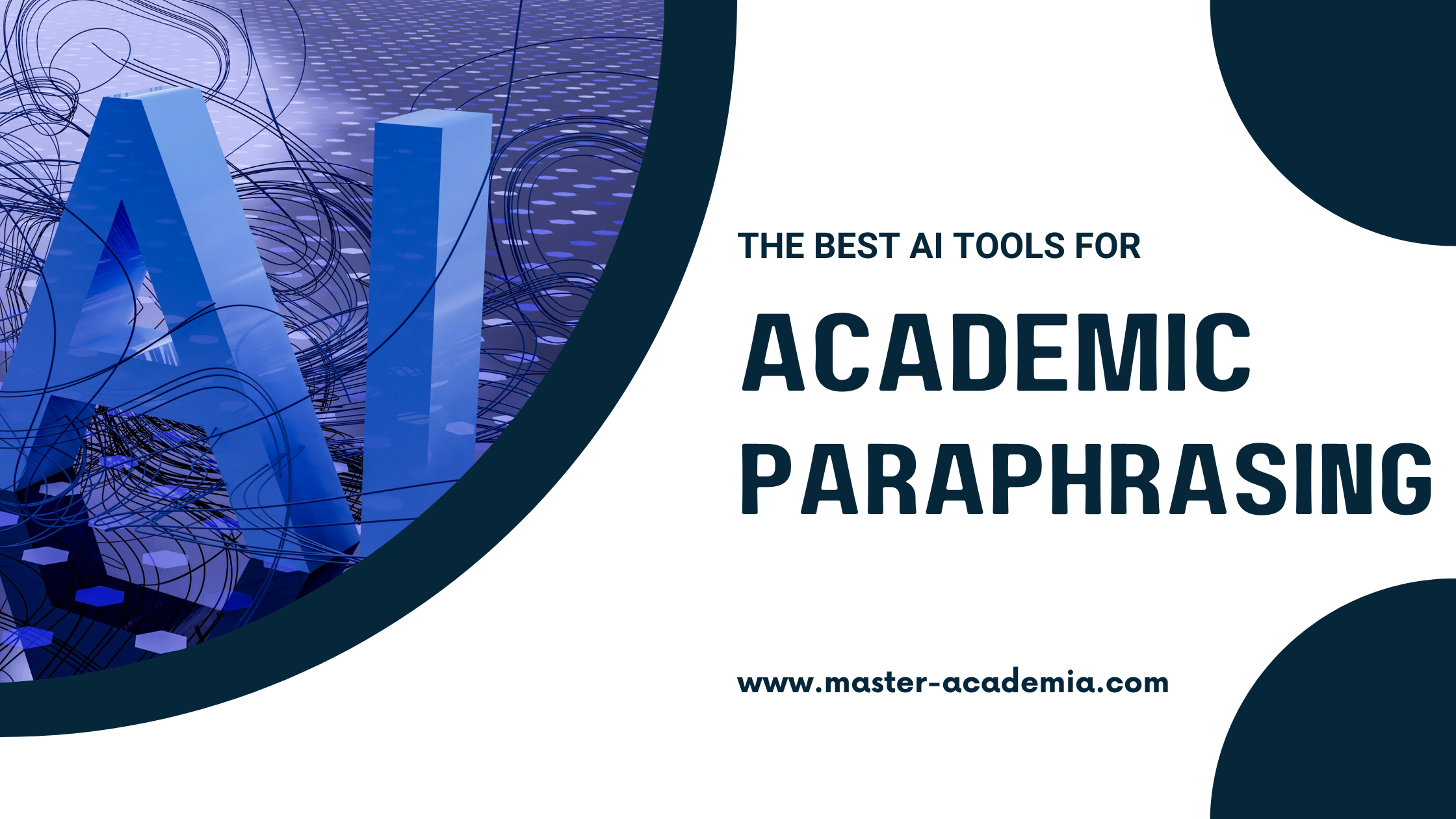
-

-

-
Thesis Tips
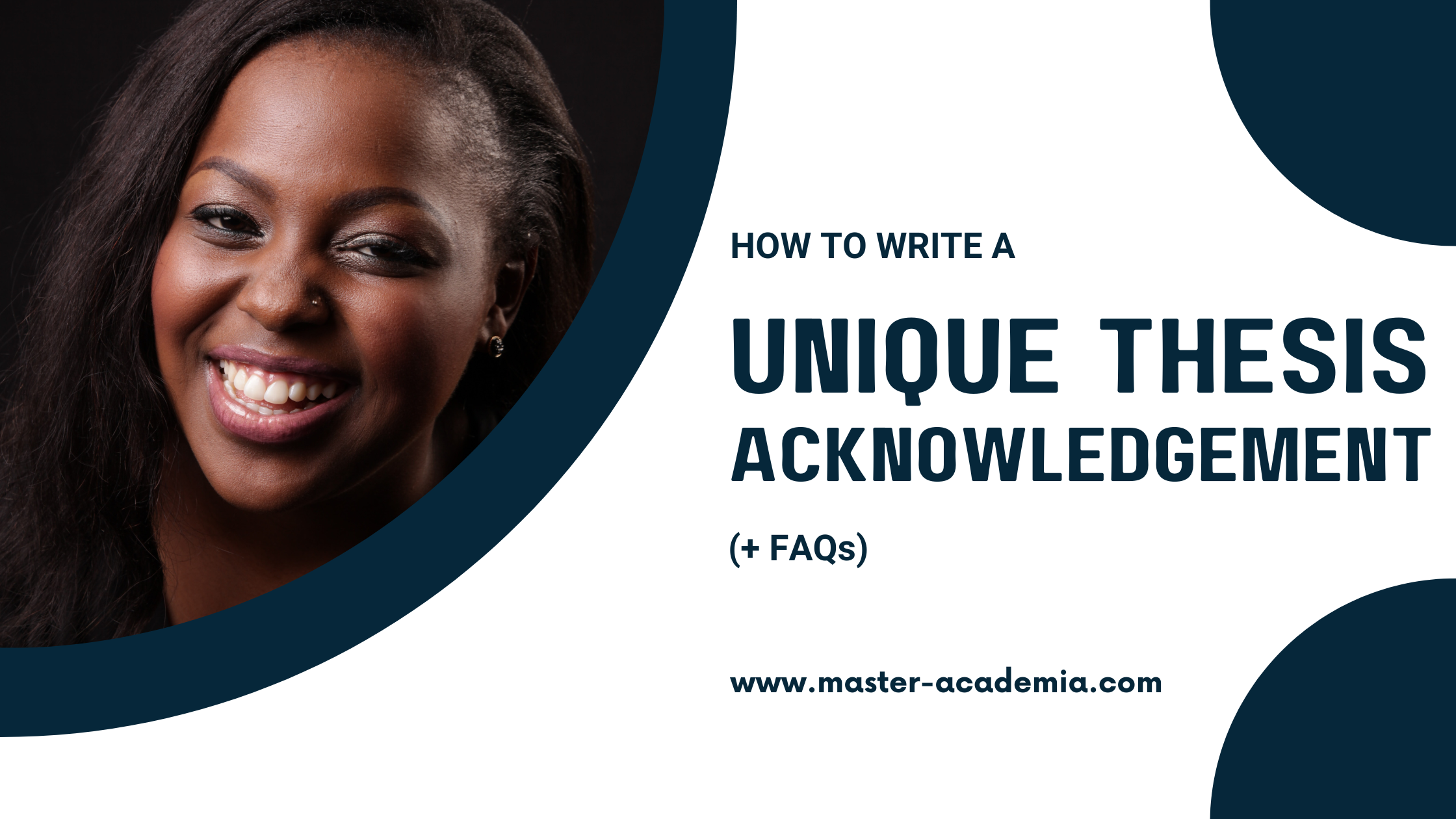
How to write a unique thesis acknowledgement (+ FAQs)
Crafting a thesis acknowledgement is typically one of the final steps in completing a thesis. This post aims to assist you in gaining insights and guidance by addressing common questions related to thesis acknowledgements. By doing so, it enables you…
-
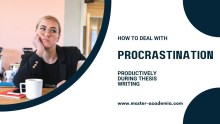
-

-

-
Career Advice
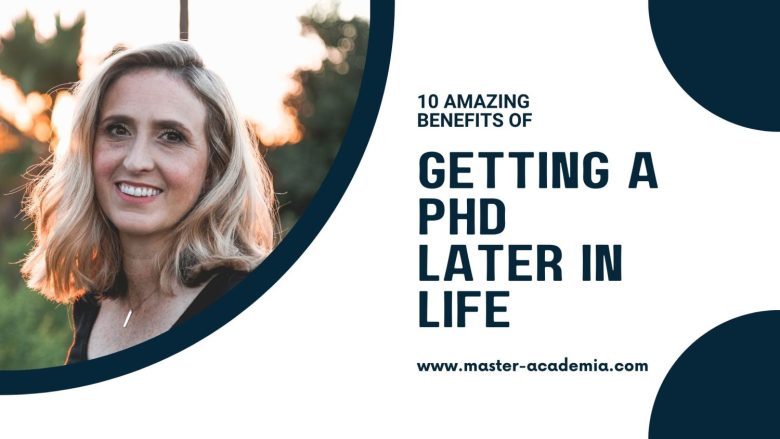
10 amazing benefits of getting a PhD later in life
There is no age limitation to getting a PhD. In fact, getting a PhD later in life has a lot of advantages. Older PhD students tend to master the ups and downs of doing a PhD better than those who…
-
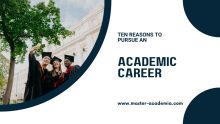
-
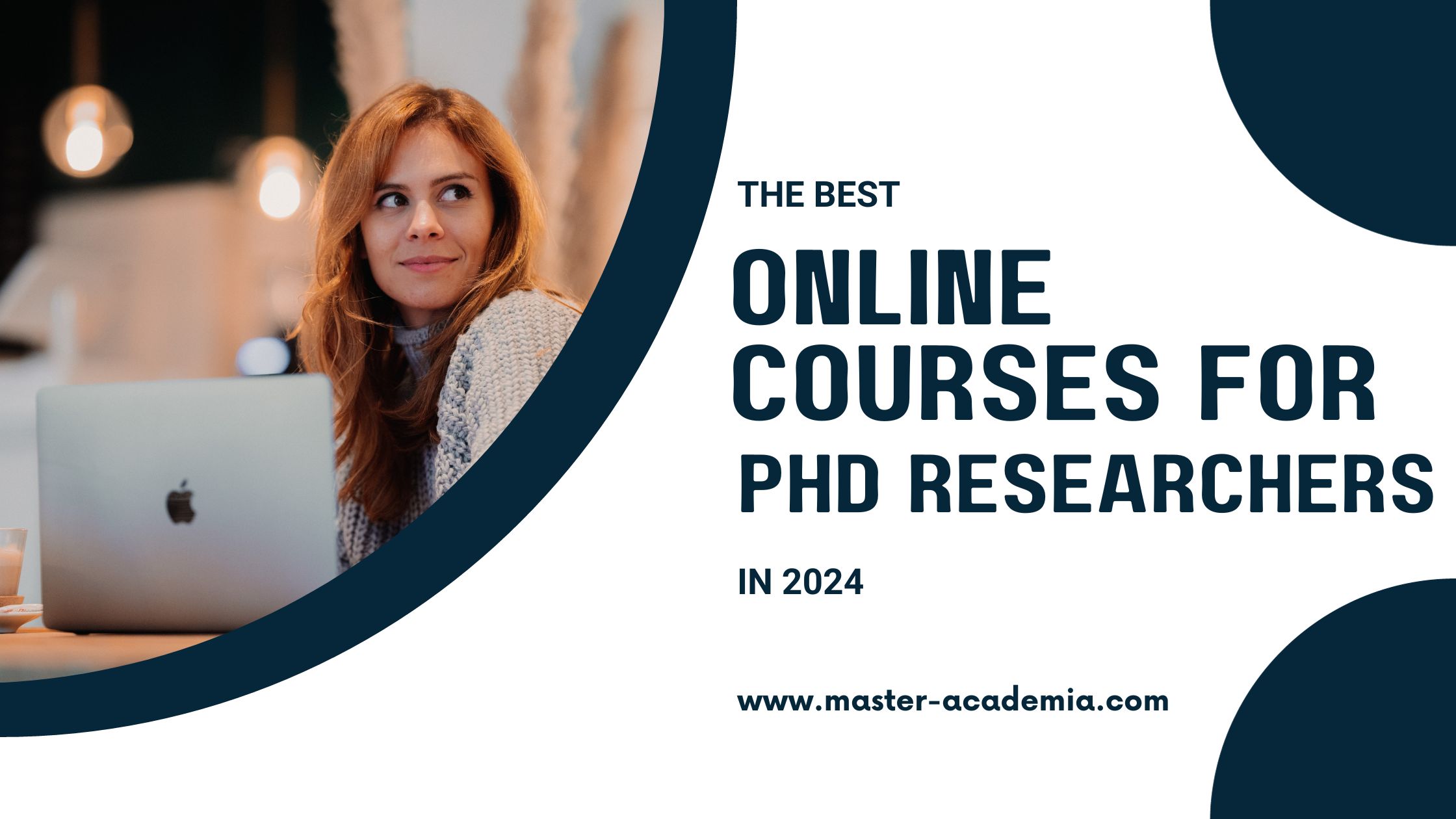
-

-
Academic Skills
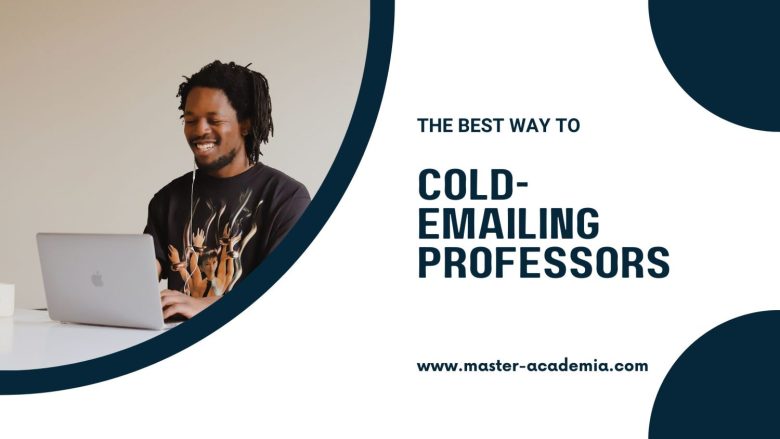
The best way to cold emailing professors
Cold emails often carry a negative reputation. However, there are several compelling reasons why cold emailing professors can be beneficial. Learning the proper way to write cold emails can significantly increase your chances of receiving a reply. Explore more about…
-
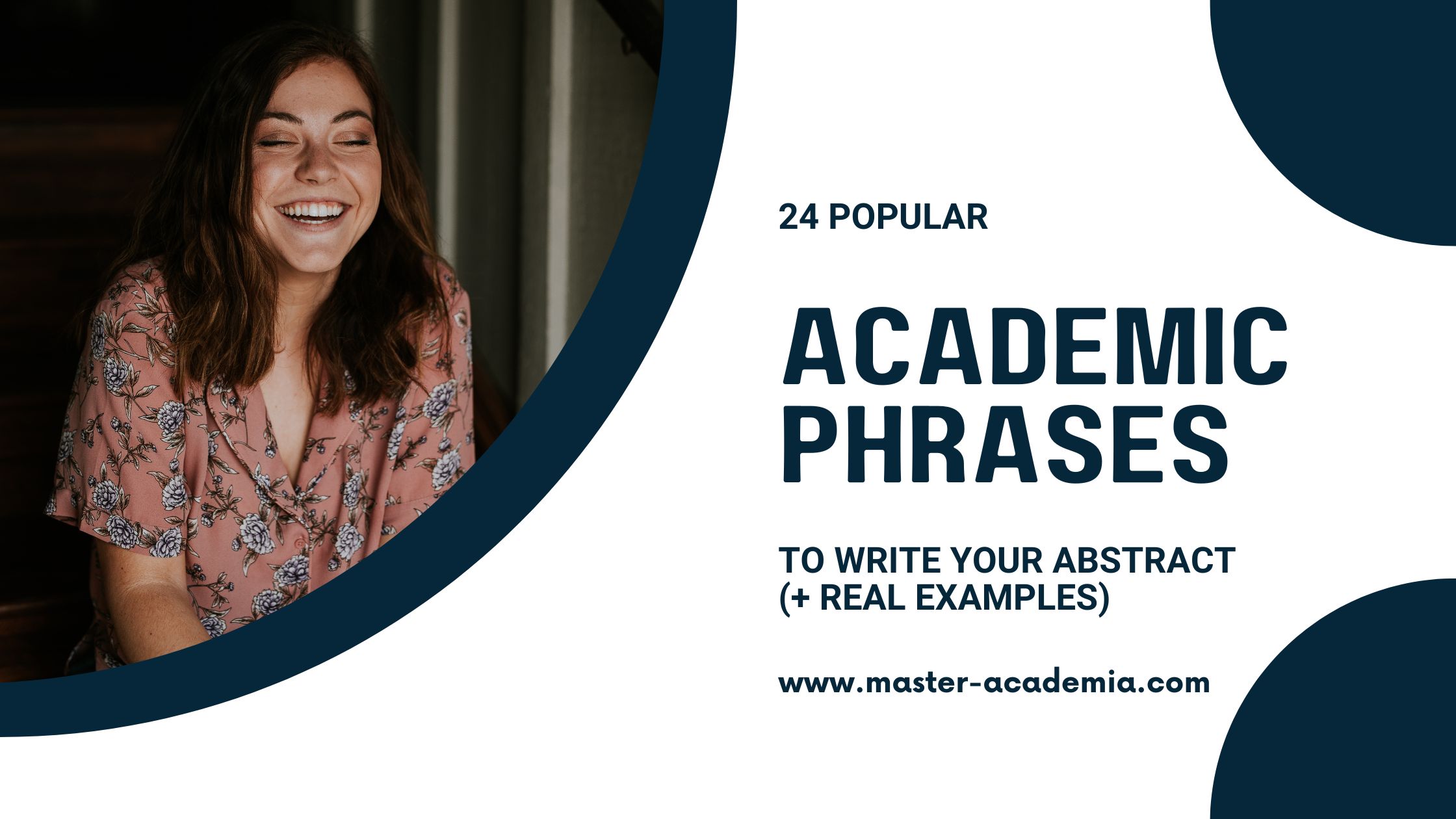
-

-
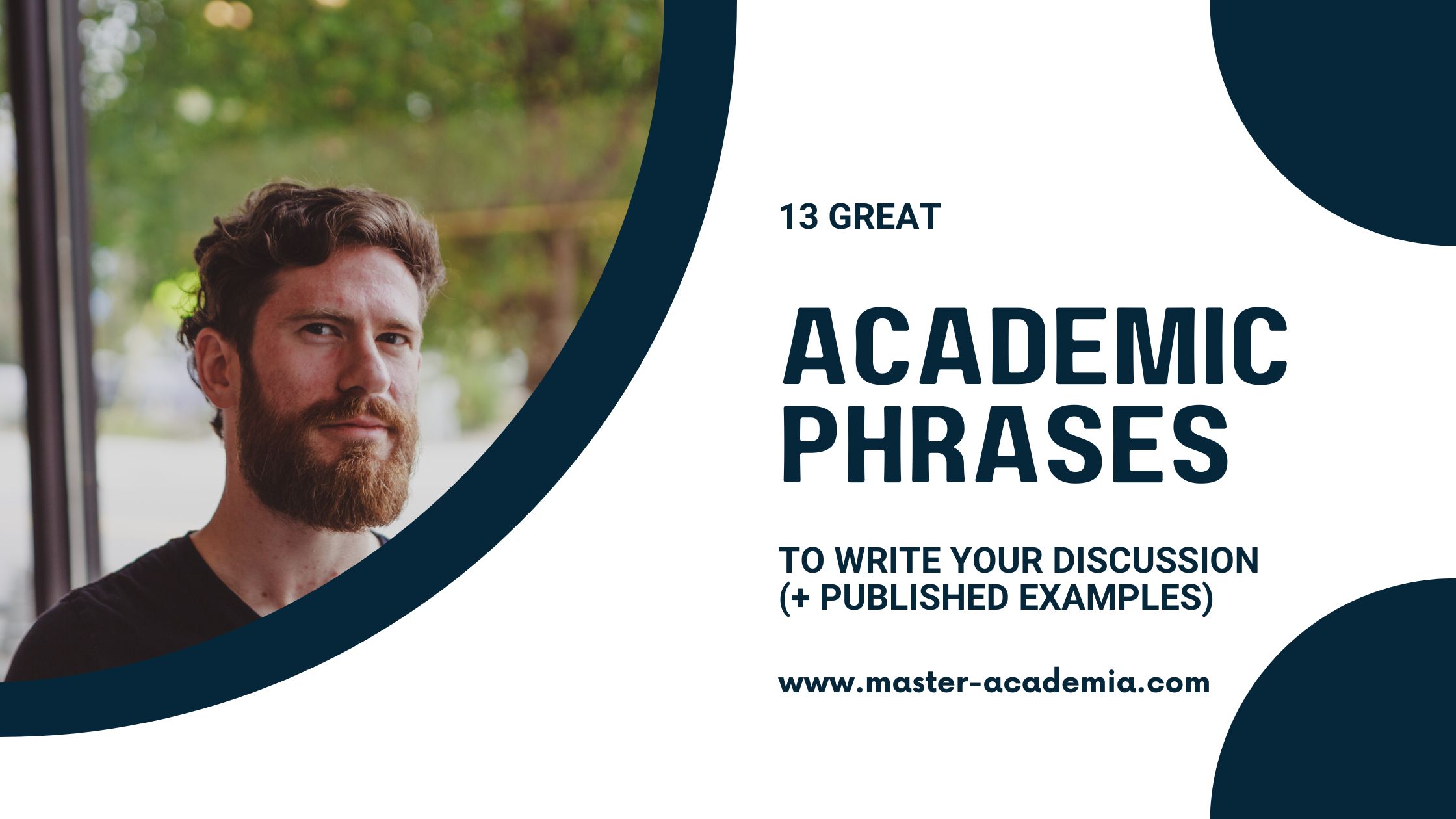
-
Networking Hacks
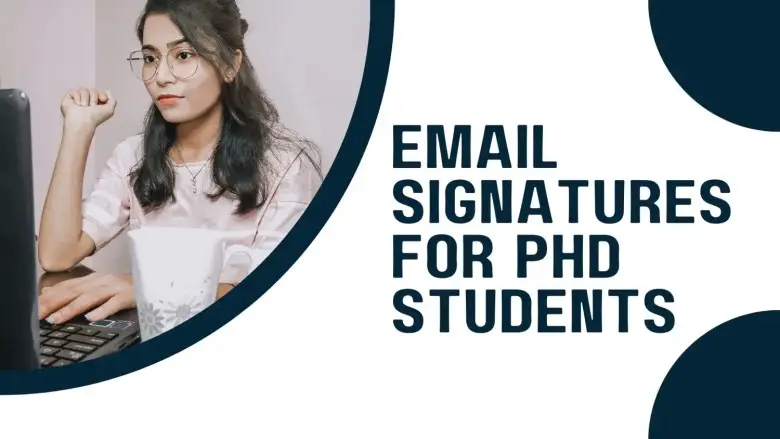
Email signatures for PhD students (content, tips and examples)
A lot of communication in academia occurs via email. Therefore, the power of a concise and effective email signature should not be underestimated. Find out…
-

-
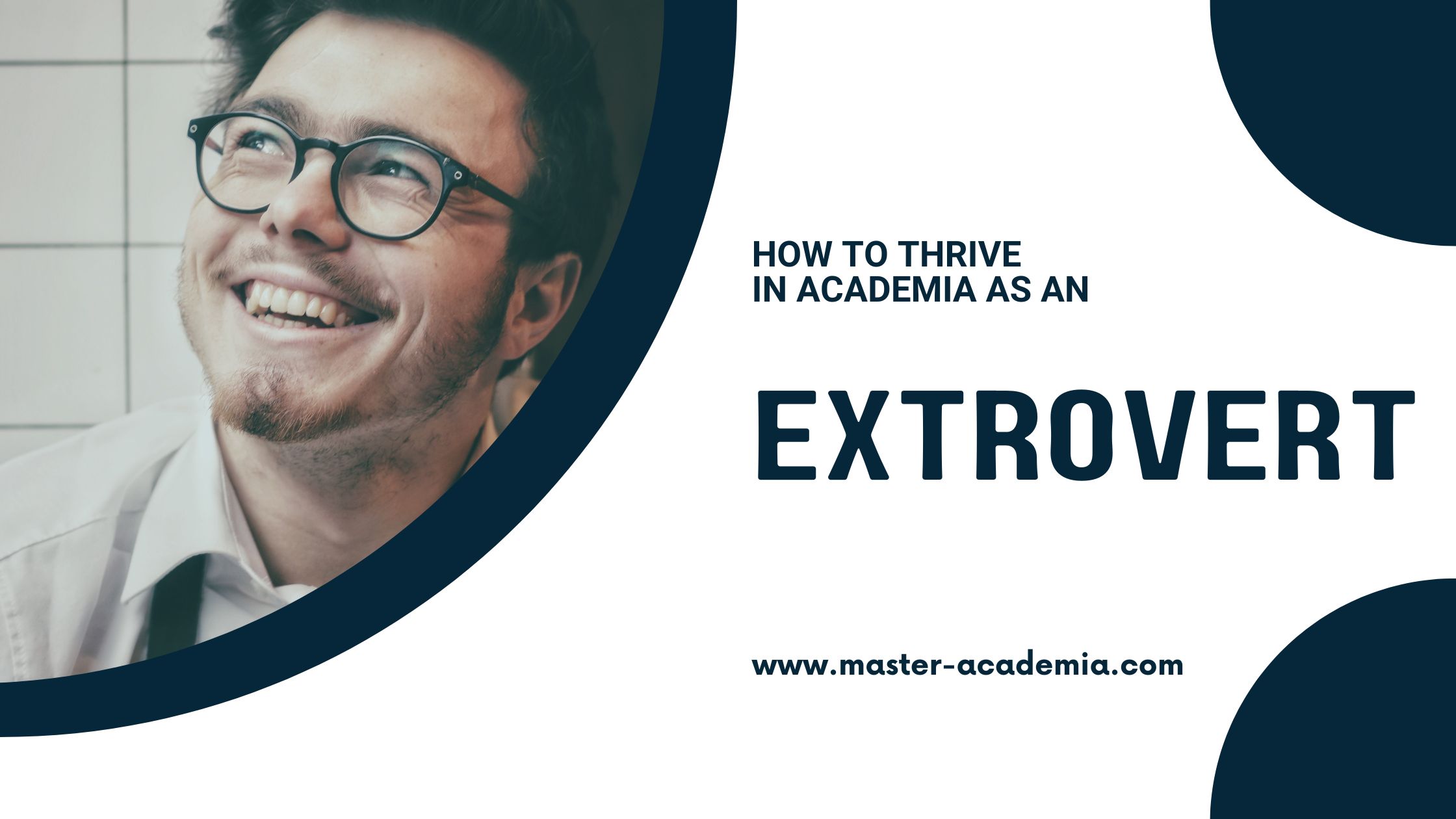
-
